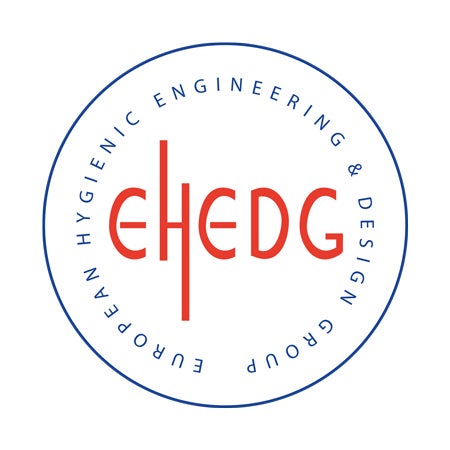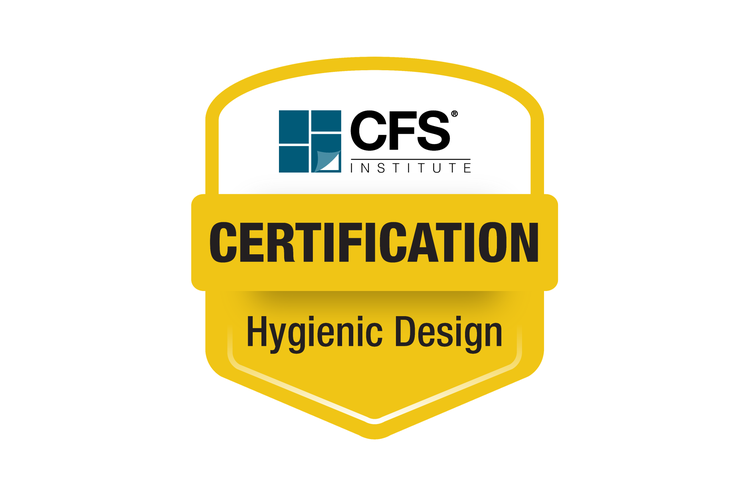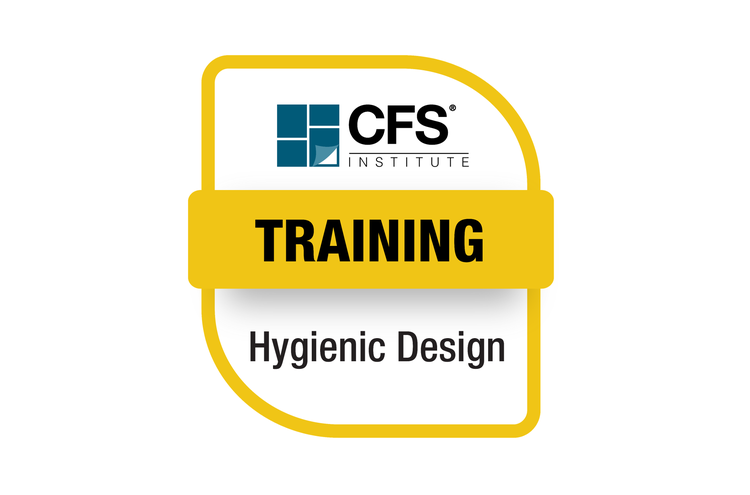Olivier Couraud new EHEDG Authorized Trainer

We’re pleased to share this feature originally published in the EHEDG (European Hygienic Engineering and Design Group) 2024 Yearbook, highlighting the work and perspective of Olivier Couraud, Food Safety Specialist at Commercial Food Sanitation and EHEDG Authorised Trainer. With over two decades of hands-on experience across global food production environments, Olivier reflects on his career, his motivations for becoming an EHEDG trainer, and his outlook on the evolving landscape of food safety and hygienic design.
Can you briefly introduce yourself and your background?
My name is Olivier Couraud; I come from France. I’ve been working in the food industry for over 24 years, during which I’ve cultivated a deep passion for food safety and hygienic design. I began my career in quality departments, where I spent five years gaining a solid foundation in food quality and safety. From there, I transitioned into roles as a Food Safety Auditor and Consultant, and for 18 years I worked as a Hygienic Design Expert at a cleaning company.
Currently, I am with Commercial Food Sanitation, a consulting company dedicated to supporting the food industry. Over the course of my career, I’ve had the privilege of working with more than 150 food production plants across various sectors, as well as packaging suppliers, helping them optimise their processes to meet rigorous food safety standards.
I hold a Master’s Degree in agri-food engineering, which has been instrumental in shaping my technical expertise. Additionally, I hold a patent for a cleaning method designed specifically for allergen removal, which reflects my commitment to innovation in food safety and sanitation practices.
What motivated you to become an EHEDG Authorised Trainer?
I have been actively involved with EHEDG since 2009, contributing to various Working Groups and serving as an administrator for Regional Section France. One of my key roles is chairing a Working Group focused on meat equipment, where we’re currently developing a guideline dedicated to hygienic design in red meat processing, from slaughtering to further processing.
Over the years, I’ve seen first-hand the importance of spreading knowledge about hygienic design principles to improve food safety across the industry. Becoming an EHEDG Authorised Trainer felt like a natural next step for me. It allows me to deepen my engagement with the association, share my expertise and play an active role in helping the organisation grow. Ultimately, my goal is to empower others in the food industry with the knowledge and tools they need to implement hygienic design effectively.
"Food safety isn’t just about equipment and processes; it requires a strong food safety culture where everyone understands their role and adheres to best practices."
In your opinion, what are the most critical aspects of ensuring food safety in commercial food production?
Ensuring food safety in commercial food production is multifaceted, but one critical aspect is the management of the people working in food factories. Food safety isn’t just about equipment and processes; it requires a strong food safety culture where everyone understands their role and adheres to best practices. Over the years, food producers have significantly improved their knowledge and practices, especially around hygienic design, but it’s equally important that this knowledge translates into consistent behaviour on the factory floor.
Another key factor is the role of hygienic design itself. Legacy equipment with poor design can often be a source of contamination, posing serious challenges to maintaining safety standards. However, I’m encouraged to see a growing trend of collaboration between equipment suppliers and food manufacturers. They’re working more closely than ever to develop hygienic design solutions that address these risks, demonstrating a proactive approach to enhancing food safety. This combination of a strong food safety culture and continual improvements in hygienic design is, in my opinion, essential for the future of safe food production.
What changes do you foresee in the field of food safety?
The field of food safety is evolving rapidly, with technology playing a key role in shaping its future. I foresee an increase in both the number and accuracy of controls. Advanced detection technologies will enable us to identify contamination issues much faster and at much lower levels than ever before. While this is a significant step forward, it also presents a challenge: mitigating risks as quickly as these technologies evolve. Rapid detection is only as effective as the ability to respond and address potential issues in real time.
Another challenge lies in cleaning and disinfection, particularly as sustainability becomes a greater priority. We’re likely to see stricter regulations on chemical use, with fewer chemical disinfectants allowed. While this shift is positive from an environmental perspective, it may create difficulties in maintaining microbial cleanliness standards. Balancing the need for sustainability with the stringent hygiene requirements of food production will be a critical focus in the coming years.
Overall, the future of food safety will demand agility—not just in adopting new technologies but also in adapting practices to meet evolving sustainability goals while ensuring robust protection against contamination.
"This combination of a strong food safety culture and continual improvements in hygienic design is, in my opinion, essential for the future of safe food production."
Olivier Couraud, Food Safety Specialist (CFS - Commercial Food Sanitation L.L.C.), EHEDG Authorised Trainer and Chair of the EHEDG ‘Meat Processing’ Working Group.



